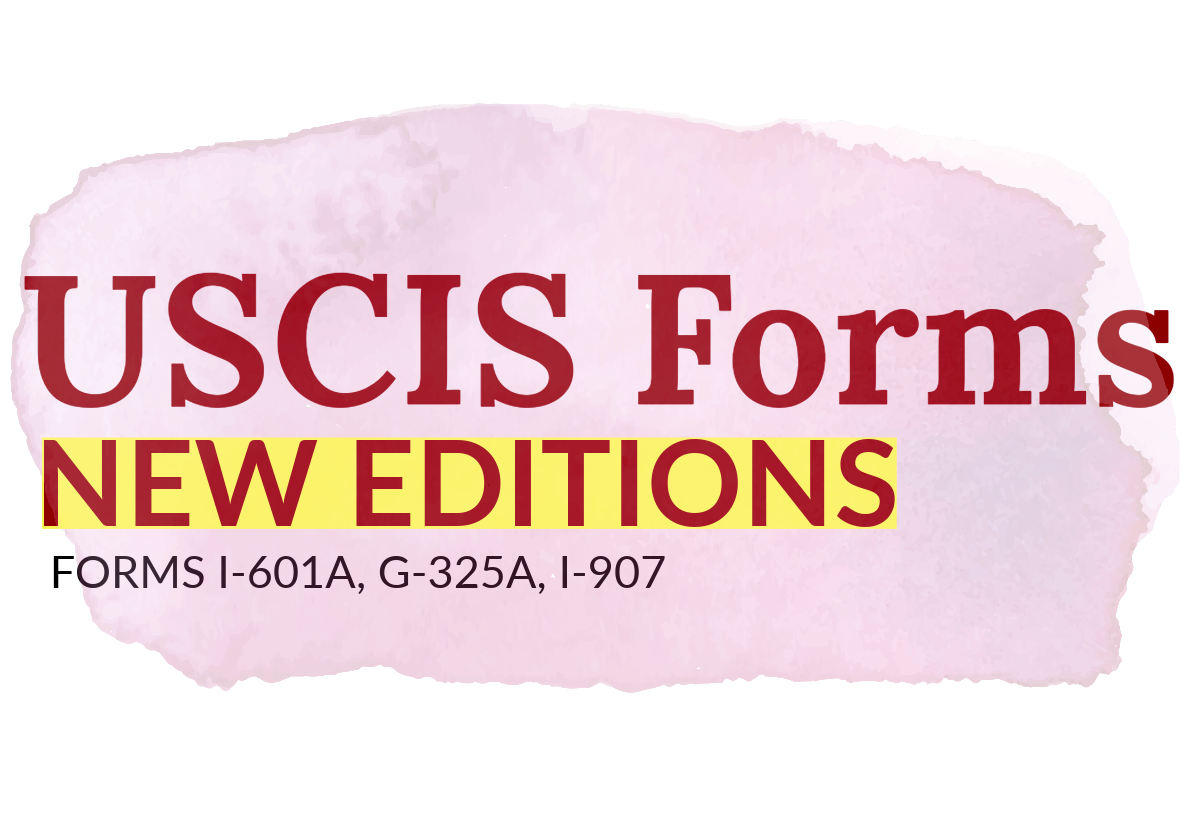Complaint Filed Against ICE Attorney Exposed as the Operator of Racist Twitter Account
An ICE Prosecutor was exposed as the operator of a white supremacist Twitter account a couple of weeks ago. The Texas Observer broke the story on February 19, 2025, and it was their investigation that brought this information to light. I strongly recommend you read it for all the details. A complaint has now been … Read more



